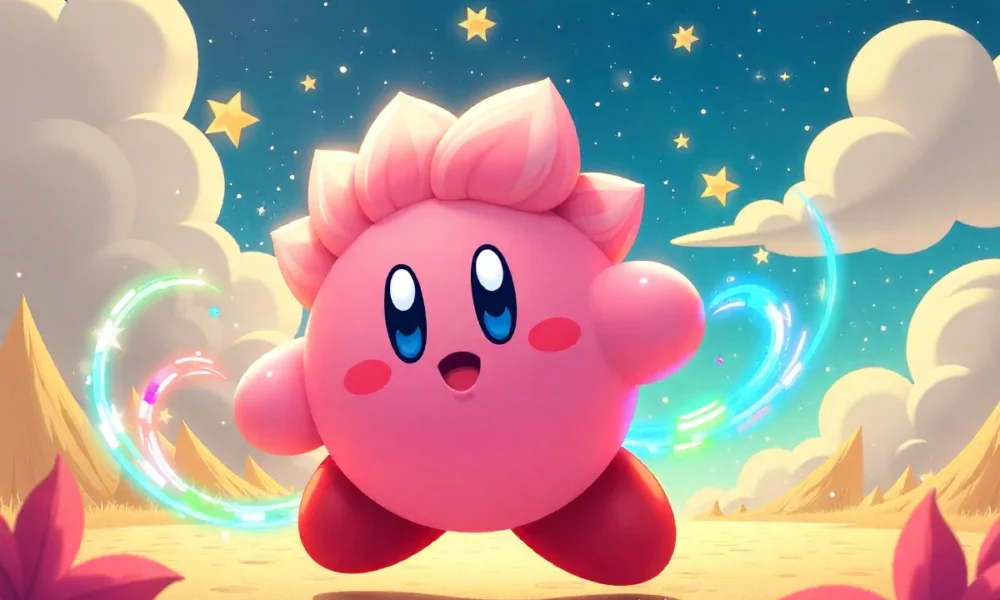Across cultures and generations, certain names, symbols, or traditions carry deep meanings that go beyond their literal definition. One such intriguing term is Kirbi Dedo. Though not widely known in mainstream discussions, Kirbi Dedo embodies heritage, cultural pride, and the preservation of identity. Whether seen as a figure, a phrase, or a symbolic representation, Kirbi Dedo has earned recognition as a part of tradition passed down with care and reverence.
In this article, we will explore the origins, significance, and cultural impact of Kirbi Dedo, uncovering why it continues to be valued in modern times.
The Origins of Kirbi Dedo
Understanding Kirbi Dedo requires us to look into its roots. The phrase itself often finds mention in regional contexts where oral storytelling, folklore, and family values dominate cultural practices.
Traditionally, Kirbi Dedo has been associated with the figure of an elder, often depicted as wise, caring, and protective. This elder represents not only age but also the collective wisdom of a community. In many cultures, grandparents play the role of guiding lights, shaping future generations with lessons drawn from lived experience. Kirbi Dedo, in that sense, symbolizes the presence of such a guardian.
Kirbi Dedo as a Cultural Symbol
Kirbi Dedo is more than just a character in stories—it stands as a cultural symbol of continuity. Communities that honor this concept see it as a bridge between the past and the present. For instance:
-
Storytelling: Elders embody the role of Kirbi Dedo when passing down folktales, myths, and moral lessons.
-
Tradition Keepers: Just like Kirbi Dedo preserves knowledge, communities use the term to emphasize the importance of not letting traditions fade.
-
Spiritual Symbolism: In some contexts, Kirbi Dedo also holds a spiritual role, reminding people of faith, protection, and unity.
This symbolic aspect ensures that even as times change, cultural identities remain intact.
The Role of Kirbi Dedo in Family Life
Family structures in many societies revolve around respect for elders. Kirbi Dedo, in this regard, reflects the pillar of the household. Often portrayed as kind and nurturing, this figure ensures family harmony and teaches younger members essential values such as respect, gratitude, and responsibility.
For children, Kirbi Dedo is not just a source of guidance but also comfort. The idea of having someone reliable to lean on—whether in stories or reality—brings a sense of belonging and safety. This role becomes even more important in today’s world, where generational gaps often cause misunderstandings. Kirbi Dedo is the reminder that wisdom flows from those who came before us.
Kirbi Dedo in Folklore and Celebrations
Cultural celebrations often highlight the presence of Kirbi Dedo through songs, dances, and symbolic performances. In folk festivals, characters resembling Kirbi Dedo may be portrayed to remind communities of their ancestral roots.
For example:
-
In seasonal rituals, Kirbi Dedo might represent renewal and protection.
-
During harvest festivals, this figure embodies gratitude and abundance.
-
In family gatherings, Kirbi Dedo reminds participants of shared bonds and unity.
Through these portrayals, Kirbi Dedo continues to stay relevant in collective memory.
Modern Interpretations of Kirbi Dedo
In the modern era, the concept of Kirbi Dedo has evolved. With globalization, younger generations often drift away from traditional practices. Yet, Kirbi Dedo adapts by appearing in new forms—sometimes in literature, digital media, or even as symbolic references in modern art.
For many, Kirbi Dedo now represents the need to reconnect with one’s roots. It becomes a metaphor for holding onto identity while navigating a rapidly changing world. Communities use this term as a reminder that progress does not have to erase tradition—it can coexist.
Why Kirbi Dedo Matters Today
In times of uncertainty, people often seek comfort in their origins. Kirbi Dedo matters today because it provides exactly that—a cultural anchor. It is a reminder that identity is built not only by what we achieve individually but also by the values we inherit collectively.
By remembering Kirbi Dedo, communities honor the wisdom of their ancestors while encouraging future generations to embrace both tradition and innovation.
Conclusion
Kirbi Dedo may seem like a simple phrase, but its cultural and symbolic weight is immense. It represents heritage, family values, and the timeless wisdom of elders. As families and societies continue to evolve, the essence of Kirbi Dedo reminds us that while the world may change, the importance of tradition and identity remains constant.
Through folklore, family life, and modern reinterpretations, Kirbi Dedo continues to inspire generations. It is more than a name—it is a legacy, a cultural treasure, and a bridge that connects the past with the present and future.
